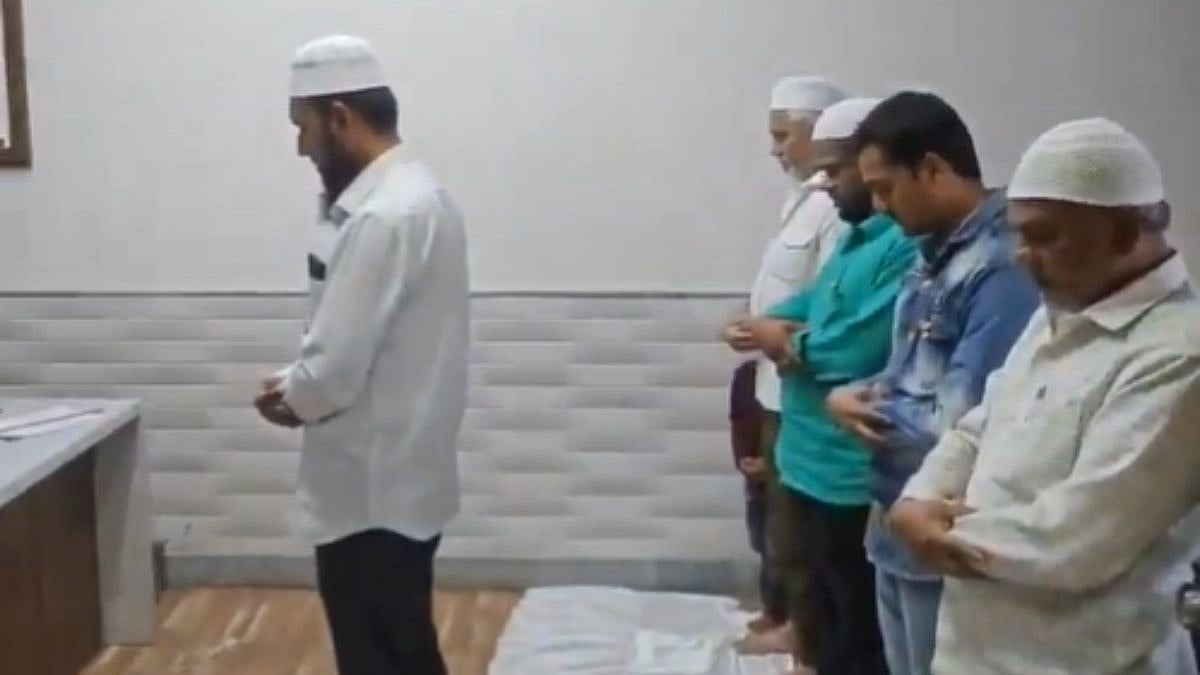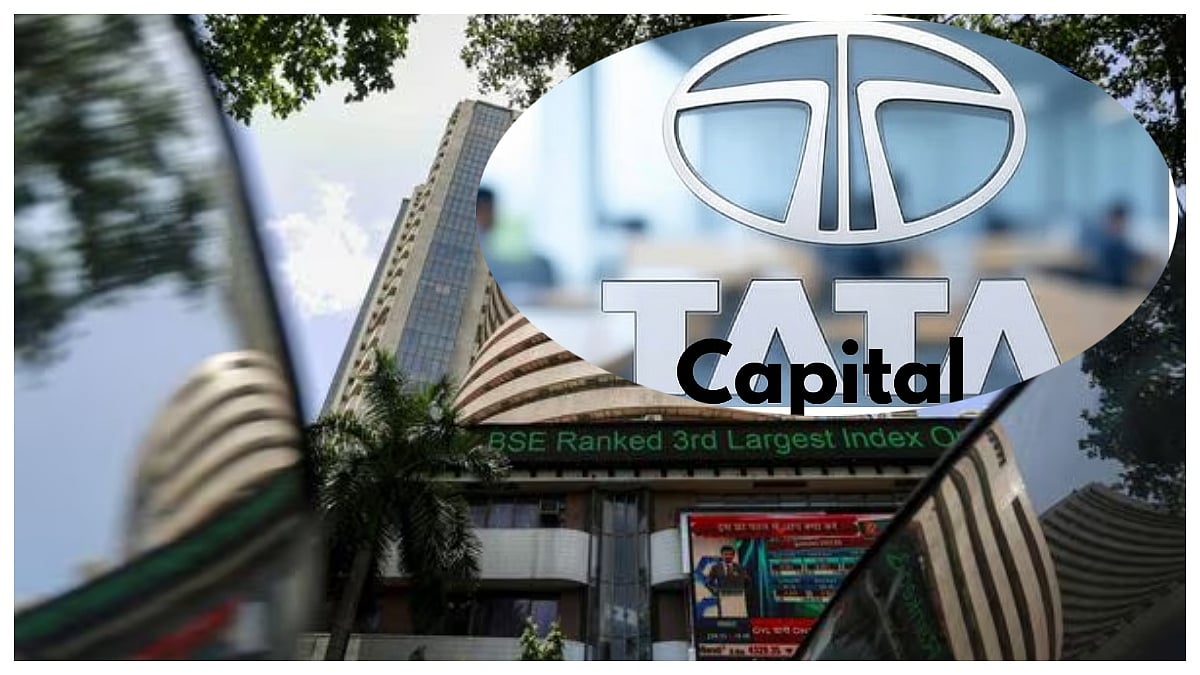Monday saw a 12.4 per cent decline in Japan's benchmark Nikkei 225 stock index, part of a wave of sell-offs that are trembling global markets as investors become increasingly concerned about the health of the US economy.
Nikkei performance
At 31,458.42, the Nikkei ended the day down 4,451.28 points. The afternoon selling intensified, causing a 12.8 per cent decline in the market's overall index.
A report showing hiring by U.S. employers slowed last month by much more than expected has convulsed financial markets, vanquishing the euphoria that had taken the Nikkei to all-times highs of over 42,000 in recent weeks.
Worst performance since black monday
The Nikkei 225 dropped 5.8 per cent on Friday, making this its worst two-day decline ever. Its worst single-day rout was a plunge of 3,836 points, or 14.9 per cent, on a day dubbed “Black Monday” in October 1987. At one point, the benchmark sank as much as 13.4 per cent on Monday.

Bank of Japan (BoJ) interest rate
Share prices have fallen in Tokyo since the Bank of Japan raised its benchmark interest rate on Wednesday. The Nikkei is now down 3.8 per cent from a year ago.
One factor driving the BOJ to raise rates was prolonged weakness in the Japanese yen, which has pushed inflation above the central bank’s 2 per cent inflation target. Early Monday, the dollar was trading at 142.39 yen, down from 146.45 late Friday and sharply below its level of over 160 yen a few weeks ago.
Other asian markets
As Taiwan's benchmark fell 7.9 per cent to its lowest since late April, it experienced its worst intraday decline since May 2021. Meanwhile, Indian shares fell roughly 2 per cent on Monday, marking their steepest intraday decline in two months. In their worst decline since the COVID-19 pandemic began in March 2020, South Korean stocks lost more than 5 per cent of their value.
In Southeast Asia, stocks in Indonesia and the Philippines lost roughly 2 per cent, and the Singaporean benchmark saw its worst day in over two years, plunging 3.6 per cent.
Indian markets
The Indian stock markets opened on Monday at 24,302.85, a very deep red opening that was even lower than the budget day opening of 24,568.90 points. The NSE Nifty 50 hit a low point of 24,192.50 after declining by more than 2 per cent.

Today's opening bell saw a bloody red morning for the sensex as well. The BSE sensex fell to low levels of 78,588.19. The index hit a low point for the day shortly after the opening bell today, at 78,580.46 points..
Sensex was trading around 78,346.34 points, losing about 2,635.61 points from the opening bell.





